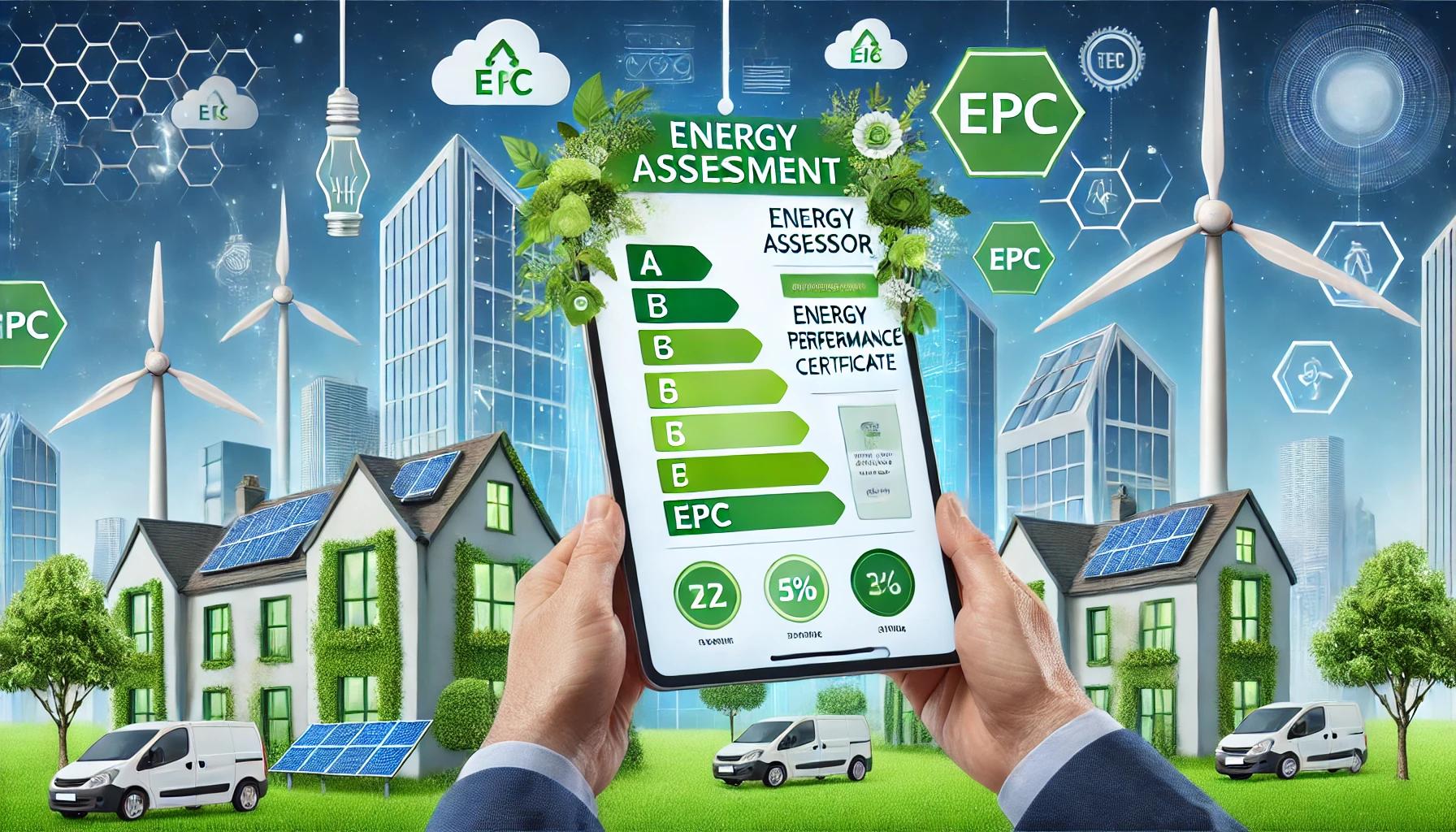Just about everyone benefits from properties having good, or improved, Energy Performance Certificates. Developers, landlords and vendors may be able to charge a higher asking price (or rent), buyers (or renters) benefit from lower energy bills, and the whole planet benefits as a good EPC shows that the property’s high energy efficiency isn’t contributing as much to global carbon dioxide emissions.
So how can you improve the EPC rating of a property, whether you are a developer, an architect, a homeowner or a landlord? Here Assessment Hive, who supply energy performance certificates for properties in Hertfordshire, Essex and across the UK, offer some helpful tips.
Insulate, Insulate, Insulate
This doesn’t just mean the loft or attic; other parts of the property will benefit as well. Around a third of all heat loss in a home occurs through the walls, so it can be well worth injecting insulation material into them. In the case of cavity walls, this often takes the form of mineral wool or polystyrene beads. If the property has solid walls, then you may be looking at insulation boards or stud frames.
Regarding loft insulation, the Energy Saving Trust (EST) recommends topping up any existing insulation from 120mm thickness to at least 270mm – and it reckons you will save you around £20 each year on your bills. You could also save some money by insulating your floor. If you have a suspended timber floor you may be able to lift the floorboards and fit some wool insulation.
Double- or Triple-glazing?
Most modern homes now have double glazing (although some older ones may not). The benefits are well established. They keep the house cool in summer, and warm in winter, and reduce energy consumption- windows are another of the main sources of heat loss in a typical property.
Glazing also keeps the noise out (important if the house or business is in a busy or built-up area) and make the property much harder to break into. However, triple glazing is now becoming more popular. It’s an easy way of improving an EPC as it makes it even harder for hot air to escape (although, given that it involves three rather than two panes of glass, it is more expensive).
Upgrade Your Boiler
Upgrading an old boiler to a newer, more energy-efficient one could make a big difference to the EPC rating. Condensing boilers are more efficient because they capture and reuse heat that would otherwise be lost. They cool exhaust gases to recover extra heat, leading to higher energy conversion. This reduces fuel consumption, lowers costs (by as much as £400 a year, according to the EST) and meets new energy regulations.
The overall picture on gas boilers is uncertain at the moment; the outgoing Conservative government wanted to phase out new installations, as they were responsible for as much as a fifth of the UK’s carbon emissions, and it is not clear what the new Labour government will announce in the next Future Homes Standard, which will set out their boiler policy.
Make Minor Changes
Some changes are relatively simple, but effective, fixes. For instance, if you still have any incandescent or halogen light bulbs (sales of new ones have been banned in Europe on environmental grounds) you can swap these out for more energy-efficient LED bulbs. These consume far less electricity and are available in different styles and operating temperatures.
You could also insulate the hot water cylinder. This means heating up the water is quicker and cheaper. Jackets are available from most DIY stores. In addition, thermostatic radiator valves (TRVs) will control the flow of hot water through the radiator they are fitted to, ensuring only the rooms which need to be heated actually are.
On their own, all of these may not make that much difference to the EPC rating, but collectively they should make a difference (at least to the electricity bills).
Energy Performance Certificates in Hertfordshire from Assessment Hive
Remember, it is a legal requirement to have an EPC rating for any property that is sold, let or constructed in England – this can apply to extensions too.
We offer SAP (Standard Assessment Procedures) EPCs across the UK, for new builds and extensions as well as any home which is being sold. We also appreciate that sometimes our clients need one urgently. That is why we aim to complete them within two to five working days, but can do them more quickly if required.
To learn more about our EPC services, follow this link; you can also reach us by clicking here and filling in the online form, or by calling 020 3745 1093.







